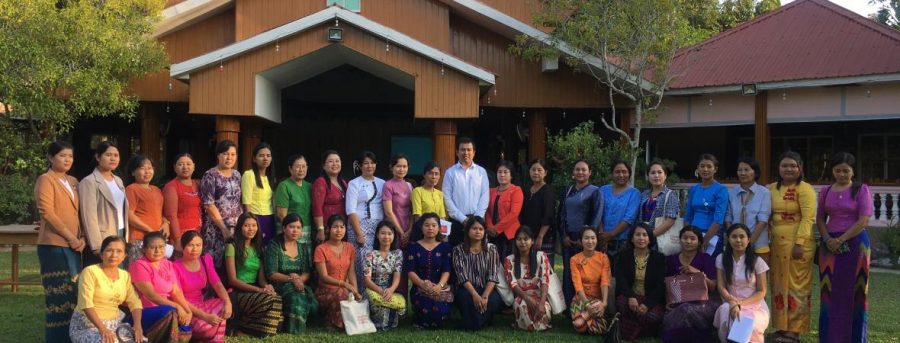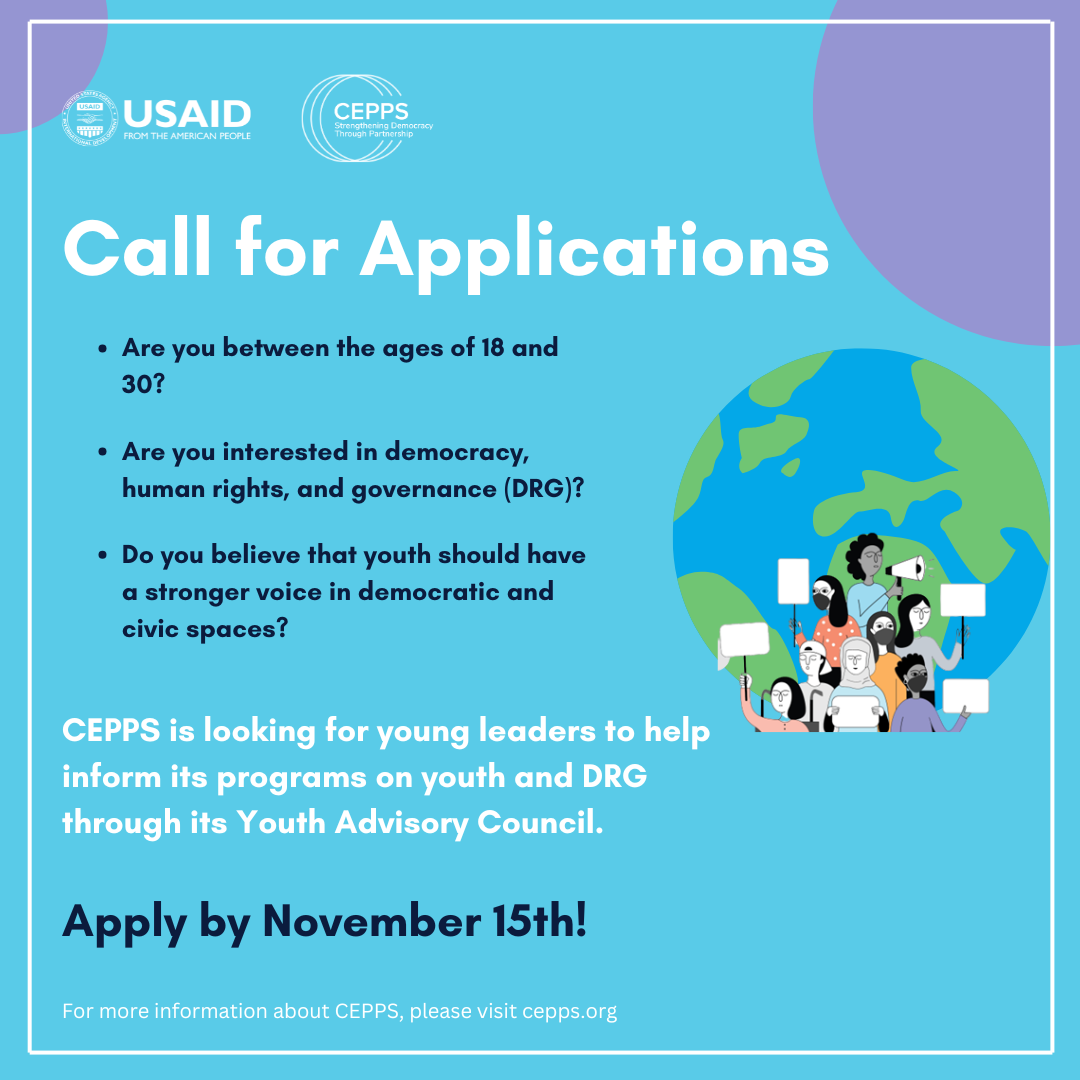
In November 2020, Burma is scheduled to hold its first general elections since the National League for Democracy (NLD) came to power in 2015. After ten years of dramatic political shifts following decades of military rule, Burma is projected to hold another transparent election, with some 6,000 candidates vying for more than a thousand parliamentary seats at the national and local level.
Burmese women have been traditionally marginalized in the country’s political life, and their role in the upcoming elections remains uncertain. In order to help empower this constituency, the International Republican Institute (IRI) hosts the Leadership Training School, which equips female changemakers like May Oo Naing with the knowledge and skills to participate in Burmese politics.
While the 2020 elections are expected to be largely well-administered, female political party members face unique barriers which exclude them from assuming meaningful roles in Burmese politics and voicing their priorities to decision-makers.
In an effort to overcome these hurdles, IRI’s four-day Leadership Training School (LTS) trains women political party leaders from 88 of Burma’s 99 political parties, strengthening their ability to compete as candidates, manage campaigns, improve party communication techniques, leverage elections and demographic analysis and improve direct voter contact and cyber hygiene.
By providing women with opportunities to build skills and confidence to be more effective leaders and equipping them with the tools to design more inclusive policies, IRI positions women leaders to serve effectively as political party leaders and elected officials and implement policies within their parties that reflect constituent priorities.
May Oo Naing, 32, an NLD party and township activist in the Bago Region, studied law before becoming a party volunteer, and is a participant of IRI’s first region-level LTS. “I [want] this country to be free from oppression,” she said, her words serving as a reminder that Burma’s long struggle with freedom of expression and bitter internal conflicts remain fresh in people’s minds. May Oo Naing wants elected leaders to address national priorities, such as stabilizing areas subject to armed conflict, high food prices, lack of infrastructure, water shortages and persistent flooding. With the help of IRI programming, May Oo Naing now feels empowered to engage in the political process and voice her demands to the government.
Leaders from nine political parties active in the Bago Region selected May Oo Naing and 31 other women to attend IRI’s workshop in the city of Pyay, Bago. “After attending the LTS workshop for the first time in November, I had to share what I learned and present what I had learned from the workshop to other members of the party during meetings and gatherings,” she said. She is now part of the NLD Women’s Committee, where she has been sharing the lessons learned in the LTS workshops with her fellow party members.
Through the LTS workshops, IRI has facilitated women’s access to the political system throughout the country and has cultivated an alumni network of nearly 400 women from every state and region. The LTS alumni network provides past participants with opportunities for more specialized trainings in leadership skills, promotes information sharing and collaboration and provides participants with access to a support system of other women leaders they otherwise would not have.
Many of the program’s graduates have run for office or are planning to run in 2020. The program’s success has attracted additional funding from the U.S. Agency for International Development (USAID), which has allowed IRI to expand its reach and empower more women to play meaningful roles within their parties.
IRI’s LTS programming is scaling up to support women in the pre-election period as they navigate their internal party nomination processes. We look forward to continuing to support women like May Oo Naing as they strive to make their voices heard.
By:
Darin Bielecki, Resident Program Manager, Asia
Jinhee Huh, Program Associate, Asia
—
View original story at IRI’s democracyspeaks.org


